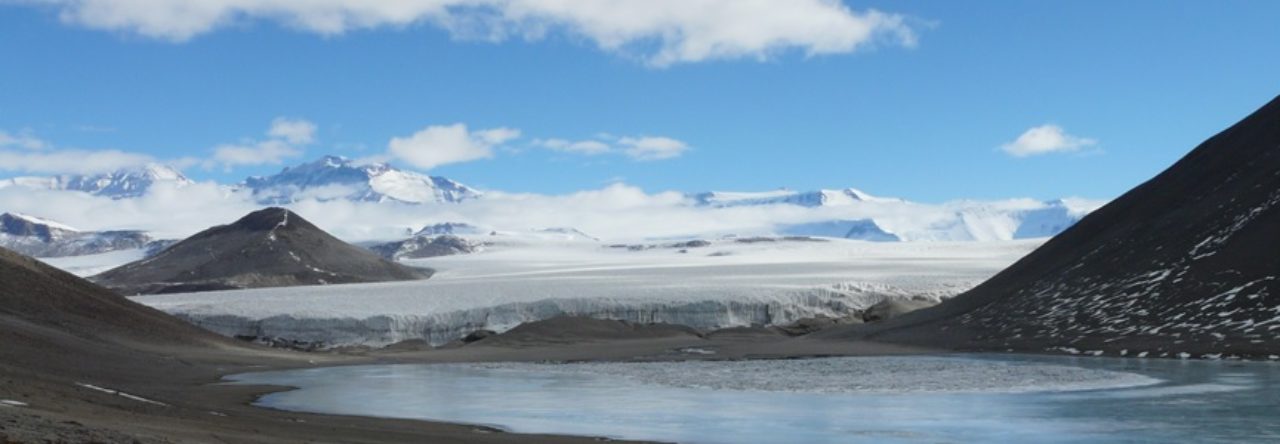Pedagogical approach and training
As it is our role to transfer knowledge to students and inspire the next generation of scientists, I consider teaching to be of critical importance and significance. In my view, the purpose of education at university level is to give students tools to understand the world we live in and to enable them to adapt to situations, to think critically and to make conclusions and decisions based on data. My teaching philosophy is to ensure students have the necessary knowledge of concepts and methods for logical reasoning.
Although my teaching training is autodidactic I am strongly influenced by the teaching methods of my PhD supervisor Prof. Burkhard Büdel and my mentor Prof. Allan Green, who taught me about evidence-based teaching: the idea that teaching a large class can be treated as an experiment in that you can assess, adjust and correct throughout the course.
Current teaching
Principles of Ecology (ECSC08012, 2nd-year undergraduate, Course organiser)
It includes the physiological ecology of plants and animals, the life history strategies by which organisms adapt to their environments, trophic ecology and the ecological significance of the niche, biodiversity and co-existence. The importance of evolutionary history and succession for understanding patterns of distribution will also be emphasised. The course includes an introduction to marine ecology and ecosystems. Finally, a section concerning the influence of the human species on ecosystems will be presented. A practical project report must be submitted as part of the course. The course includes basic statistical methods training.
Ecological Measurement (ECSC09004, 3rd-year undergraduate)
Ecologists and environmental scientists measure and evaluate many things, ranging from species richness to ecosystem exchanges of carbon dioxide, to give insights into ecological processes, the role of biodiversity and environmental status. In addition to training in particular measurement techniques, students learn general principles that can be applied to any form of measurement.
Ecological and Environmental Analysis (ECSC08008, 2nd-year undergraduate)
This course provides 2nd-year students with a foundation course in the collection and analysis of data relevant to biological, ecological and environmental problems. Topics dealt with in the course involve:
– Recognising variability and uncertainty in environmental and ecological systems and their importance;
– Gathering data suited to explain environmental and ecological systems through surveys and sampling;
– Establishing and describing relationships between different environmental and/or ecological variables;
– Design, analysis and interpretation of controlled experiments;
– Use of dynamic simulation models
Professional Skills (ECSC10032, 4th-year undergraduate)
Professional skills in ecological and environmental sciences include both executing good scientific practice and effectively communicating science to audiences, which may or may not be scientifically literate. Further, there are many tangential skills to being a successful ecologist or environmental scientist, such as outreach. This course will attempt to prepare students to be practising ecologists and environmental scientists. It will cover diverse topics from scientific writing and presentation to study design and data analysis.
Introduction to Ecological and Environmental Sciences (ECSC08011, 1st-year undergraduate)
This course is for new undergraduates in Ecological and Environmental Sciences (and with Management) only. We use interactive practical and fieldwork activities to develop key quantitative, critical evaluation and communication skills which will provide the foundation for learning throughout the rest of the degree programme.
Physical Geography (GEGR08010, 1st-year undergraduate)
The course provides a foundation for the understanding of fundamental concepts and current ideas in physical geography. The course begins by considering in broad terms the development of physical geography and the key concepts and phenomena of change and evolution, cycles, fluxes and events, the environment as resource and hazard, and the human impact on the environment. The remainder of the course explores these themes in more detail in the context of the atmosphere, hydrosphere, pedosphere and biosphere. The course emphasizes the importance of spatial variation, and temporal and spatial scales, and interactions between human society and the biophysical environment.
